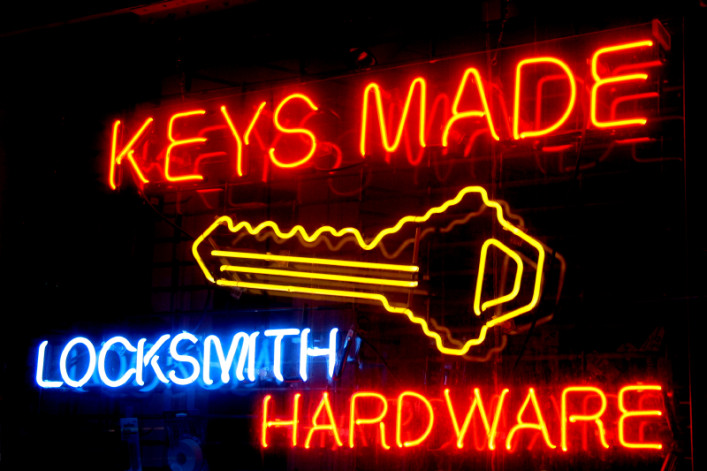Be careful what you search for: a new locksmith scam is plaguing Google

Another day, another scam: Fake locksmiths (and other handymen) are gaming Google to identify desperate customers for piles of cash, as the New York Times reported the weekend.
The gambit, known as lead generation or "lead gens" isn't a new one, but it does seem to be booming. It works like this: Scammers use SEO trickery to push their "locksmith" business and phone number to the top of Google's search results, so when you find yourself locked out and desperately Googling for help, their companies are the first you see. Then, they send out a subcontractor who will promptly demand far more money than the original quote.
This same scam structure exists for a lot of different repair businesses, but is particularly effective for locksmiths, who most of us tend to call when we're in dire straits, locked out of our apartment or car. "It was very late, and it was very cold,” as one victim told the Times after coughing up $350 to a subcontractor. (Many of these "locksmiths" will advertise a rate of around $19, then in person, demand hundreds of dollars.)
Google is working to weed out the bad actors, but as with most scams, enforcement is a game of whack-a-mole, and you'd do well to protect yourself as a consumer, too. As Gothamist points out, your first line of defense is to ask for and look up the address of the business, to see whether or not it's legit. You can also search through organizations like the Associated Locksmiths of America and Yelp to find local companies that are reputable and well-reviewed. And if you're really on your game, make a point of finding your neighborhood locksmith and saving their contact info before disaster strikes so you'll be prepared down the road.
And, as with "slammers" who pose as workers from utility companies, you should ask for identification as soon as the locksmith arrives. If they're reluctant to reveal themselves, that will tell you what you need to know.
Related:
Beware Brooklynites: "slammers" may be back to scam you
Decoding "key money," an old school NYC real estate gambit
Paying a deposit with a wire transfer? The "surest sign" of a rental scam
Owner beware: deed theft scams are still booming in NYC
Telltale signs that the rental listing is a scam
PSA: a new online rental scam may be making the rounds—and not just on Craigslist

























